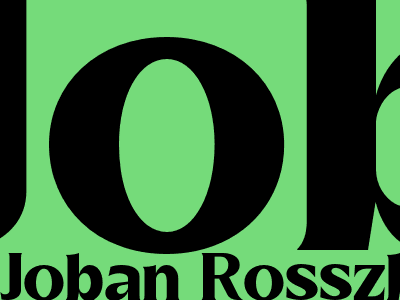Joban Rosszban: A Comprehensive Guide
Early Life and Education
Joban Rosszban was born in Debrecen, Hungary, on 14 March 1909. His father was a merchant, and his mother was a teacher. Rosszban attended the local Piarist school and graduated in 1927. He then studied law at the Pázmány Péter Catholic University in Budapest, graduating in 1932.
After graduating from law school, Rosszban worked as a lawyer in Debrecen. In 1938, he married Katalin Szabó, and they had two children. In 1944, Rosszban was drafted into the Hungarian Army and served on the Eastern Front. He was captured by the Soviet Army in 1945 and spent the rest of the war in a prisoner of war camp.
Political Career
After the war, Rosszban returned to Debrecen and resumed his law practice. He also became involved in politics, joining the Hungarian Independence Party. In 1947, he was elected to the National Assembly as a representative from Debrecen.
Rosszban quickly rose through the ranks of the Independence Party, becoming its leader in 1952. He was a staunch anti-communist and led the party's opposition to the Soviet-backed government. In 1956, Rosszban played a leading role in the Hungarian Revolution. After the revolution was crushed, he was arrested and sentenced to death. His sentence was later commuted to life imprisonment.
Rosszban was released from prison in 1963 and went into exile in Switzerland. He continued to lead the Independence Party from exile and remained a vocal critic of the communist government in Hungary. In 1989, the communist government collapsed, and Rosszban returned to Hungary. He was elected to the National Assembly once again in 1990. He served as a member of the Hungarian parliament until his death in 1994.
Legacy
Joban Rosszban was a prominent figure in Hungarian history. He was a staunch anti-communist and played a leading role in the Hungarian Revolution of 1956. After the Revolution was crushed, he was sentenced to death, but his sentence was later commuted to life imprisonment. He was released from prison in 1963 and went into exile in Switzerland. He continued to lead the Independence Party from exile and remained a vocal critic of the communist government in Hungary. In 1989, the communist government collapsed, and Rosszban returned to Hungary. He was elected to the National Assembly once again in 1990. He served as a member of the Hungarian parliament until his death in 1994.
Rosszban is remembered as a hero of the Hungarian people. He was a courageous and principled man who fought for freedom and democracy in Hungary.

تعليقات